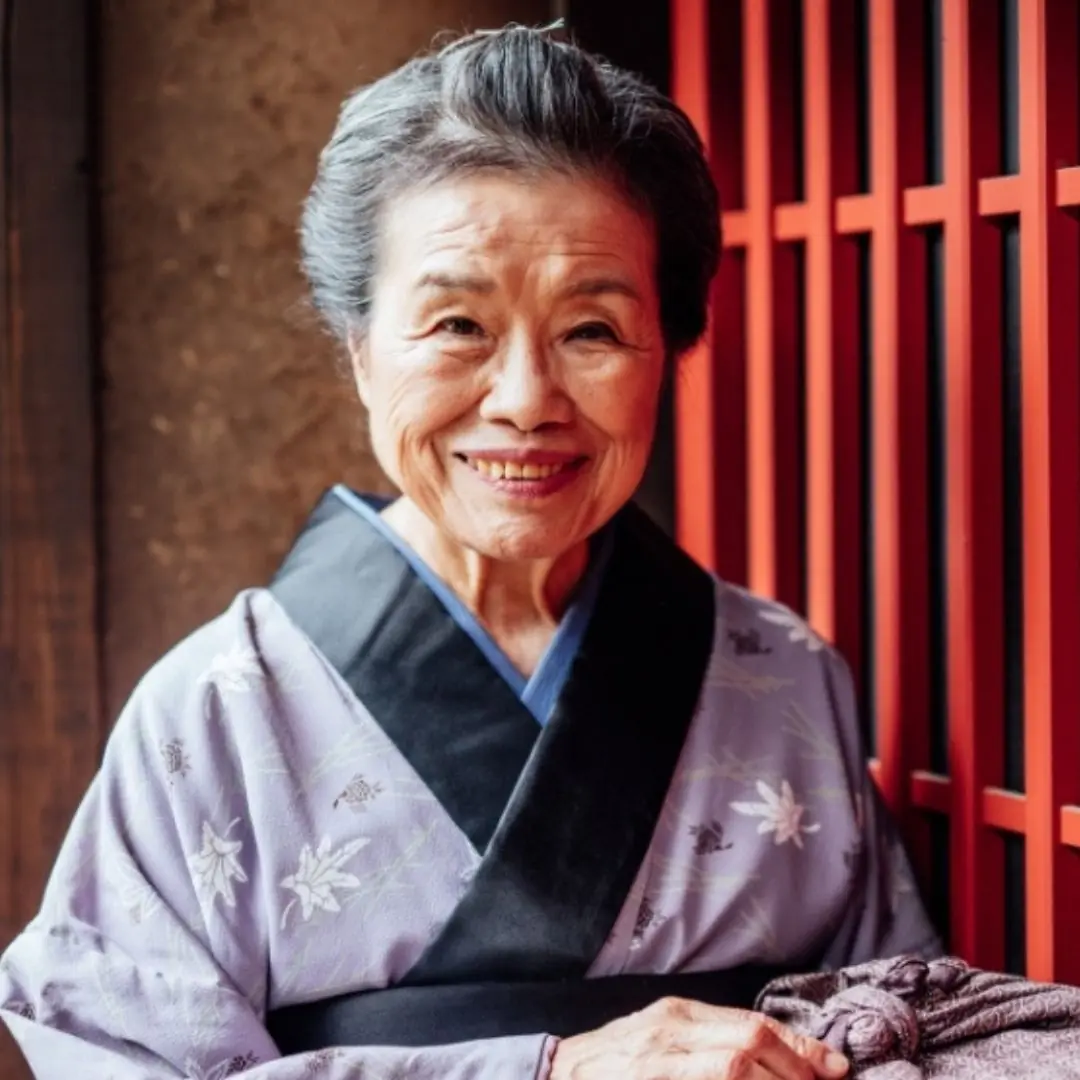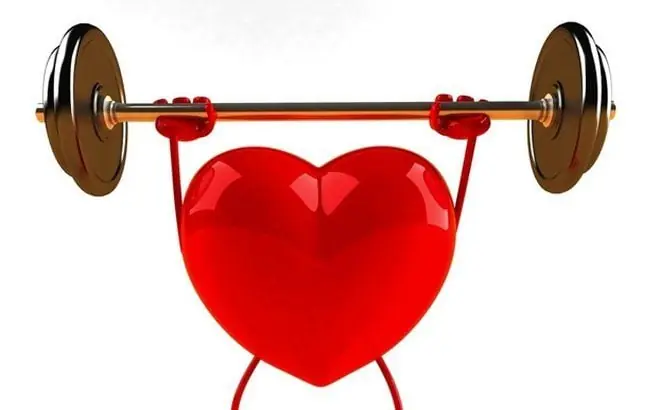
5 Powerful Ways to Stay Vibrantly Healthy in Your 40s and 50s
Because aging is inevitable — but feeling old is optional.
One morning, you might notice your knees creak, your energy dips, or your body doesn’t bounce back as quickly as it once did. It’s a quiet reminder: you’re not in your 20s anymore.
Dr. Anita Skariah, an internal medicine expert at UNC Health, explains that this stage of life can be both empowering and challenging.
“Mentally, many of us still feel 20 years younger,” she says. “But our bodies start sending different messages — and if we listen closely, we can age not just gracefully, but powerfully.”
Aging is inevitable. Decline is not.
Here are five science-backed habits to keep your body strong, your mind sharp, and your spirit alive through your 40s, 50s — and beyond.
🏃♀️ 1️⃣ Move Your Body — But Mix It Up
In your 20s or 30s, you may have thrived on high-impact workouts like HIIT or long-distance running. But as you enter midlife, your joints need more kindness and your routine needs more variety.
Dr. Skariah recommends cross-training as the secret to longevity in movement.
“Running is great, but balance it with low-impact activities such as swimming or cycling,” she says.
Don’t skip stretching and strength training either.
“As we age, we naturally lose muscle mass — which is the key driver of metabolism and mobility. Strength training preserves both,” she adds.
And if you’re not used to exercising?
Start simple: walk.
Walking isn’t just light cardio — it’s a proven longevity practice. It boosts blood flow to the brain, improves memory, strengthens your joints, and helps prevent dementia.
As Dr. Skariah puts it:
“Walking is the best investment you can make for your future self.”
🥗 2️⃣ Rebuild Your Diet (and Rethink Alcohol)
At midlife, nutrition becomes strategy, not just habit.
As metabolism slows down, the risk of chronic diseases — diabetes, heart disease, kidney issues, and even cancer — rises.
The best dietary frameworks for this stage?
✅ The Mediterranean Diet – rich in fresh vegetables, fruits, olive oil, fish, and whole grains.
✅ The DASH Diet – designed to reduce sodium and improve heart health.
Even small changes can have big payoffs:
-
Cut down on ultra-processed foods loaded with salt, sugar, and saturated fat.
-
Add one new vegetable to your weekly meals.
-
Replace soda with sparkling water or herbal tea.
And alcohol? Be mindful.
As we age, our liver’s ability to metabolize alcohol declines — meaning what used to feel “fine” in your 30s can hit harder at 50.
Dr. Skariah cautions:
“We once thought a glass of wine a day was heart-healthy. New research shows the risks may outweigh the benefits — including a stronger link to colorectal cancer.”
Your body has changed. Your diet should too.
🌙 3️⃣ Upgrade Your Sleep — It’s the New Superpower
Sleep is the foundation of health — for your hormones, heart, mood, and mind. But it often becomes elusive in your 40s and 50s.
Hormonal changes, stress, or hot flashes can disrupt sleep cycles. Night sweats and perimenopausal shifts can make rest feel impossible.
Add in late caffeine, blue light, or an evening cocktail, and you have the perfect recipe for restless nights.
“Think of your brain as a computer,” Dr. Skariah says.
“It needs a proper shutdown every night. But modern habits are keeping it in ‘sleep mode,’ never truly off.”
To retrain your brain to rest, go back to the basics:
-
Stick to a consistent bedtime and wake-up schedule
-
Avoid screens an hour before bed
-
Keep your bedroom cool, dark, and quiet
-
Create a short wind-down ritual — reading, stretching, or meditation
A good night’s sleep isn’t indulgent. It’s essential self-care — and one of the strongest predictors of longevity.
💆♀️ 4️⃣ Make Time for Yourself — It’s Not Selfish, It’s Survival
Your 40s and 50s are often your busiest years: raising kids, managing careers, supporting aging parents — all while trying to hold yourself together.
Dr. Skariah reminds her patients:
“You can’t pour from an empty cup.”
Taking time for yourself isn’t luxury; it’s maintenance.
Self-care doesn’t always mean spa days or vacations. It can be as simple as a morning walk in the sun, cooking a nutritious meal, or starting a new hobby you’ve always wanted to try.
As your children grow more independent, midlife can be a powerful time to rediscover yourself — to take a class, explore art, or learn a skill that reawakens your curiosity.
And if you’re struggling with mood changes, stress, or loss of confidence, don’t minimize it.
Seek support. Talk to a therapist.
Recognizing that you’re not feeling “like yourself” isn’t weakness — it’s awareness.
👩⚕️ 5️⃣ Build a Strong Partnership with Your Doctor
You don’t have to navigate midlife alone.
Your primary care doctor can help manage hormonal changes, prostate or menopause symptoms, and recommend preventive screenings based on your personal risk factors.
Dr. Skariah emphasizes the importance of regular health checkups:
“We can help you distinguish what’s a normal part of aging and what’s a red flag that needs attention.”
Routine screenings for cancer, heart disease, diabetes, and bone density can catch problems before they become life-altering.
Midlife isn’t the end of vitality — it’s the relaunch of it, if you play your cards right.
💫 The Takeaway
You can’t stop time.
But you can decide how gracefully — and powerfully — you move through it.
Move more. Eat mindfully. Sleep deeply. Care intentionally. Connect consistently.
Because your 40s and 50s aren’t about slowing down — they’re about coming alive in a new, wiser, stronger way. 🌿
News in the same category

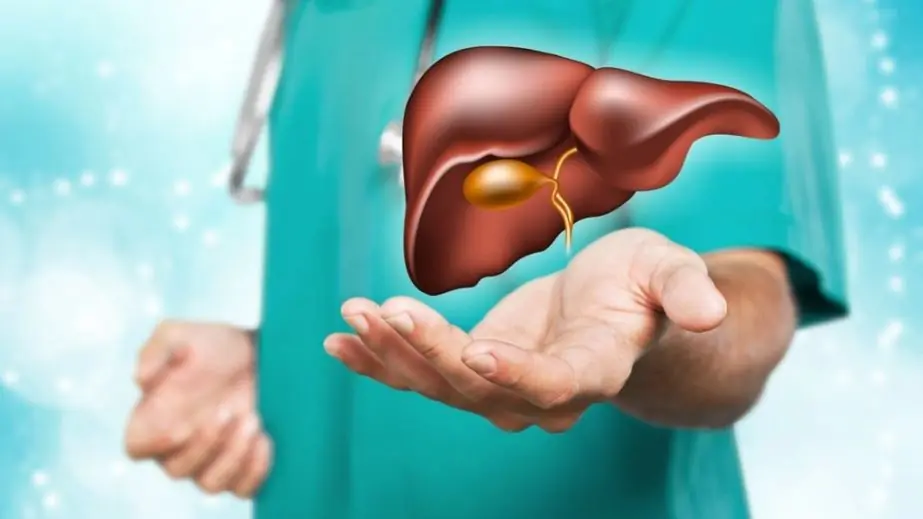
5 Silent Signs Your Li.ver Is in Trouble — and You’re Probably Ignoring Them

4 Hair Care Habits You Think Are Helping — But Are Actually Ruining Your Hair
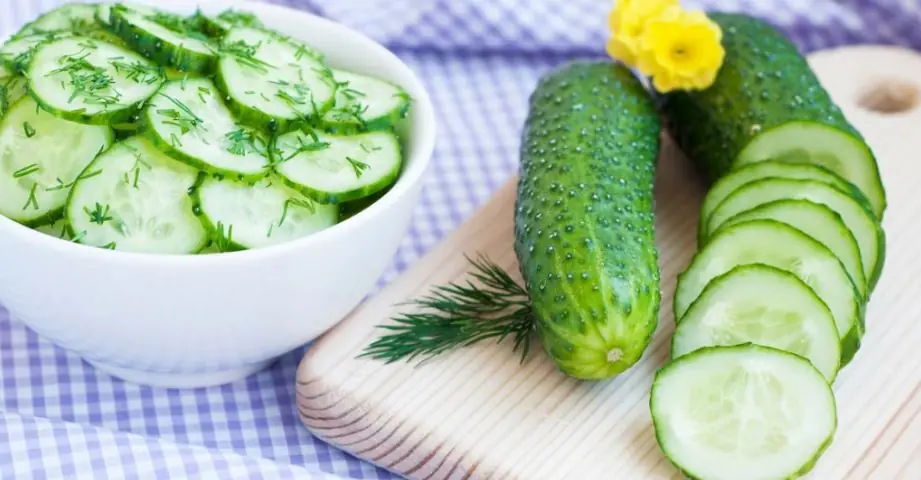
The Surprising Truth About Cucumbers and Kid.ney Disease
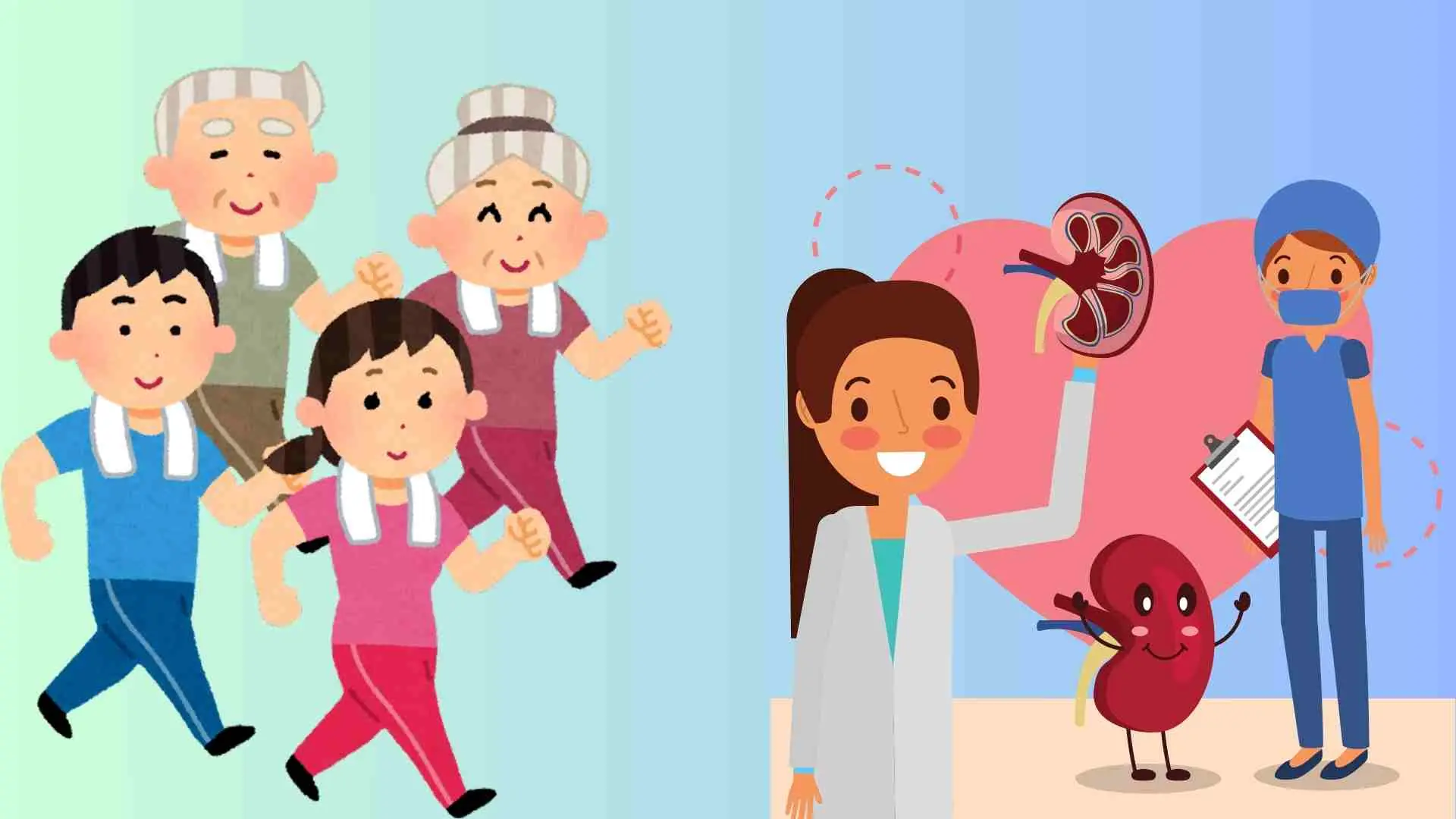
How Walking Can Transform Your Li.ver and Kid.neys Without You Even Realizing It

Here’s Why You Should Leave a Coin in the Freezer Before Leaving the House

Reduce Your Can.cer Risk with These Simple Food Choices
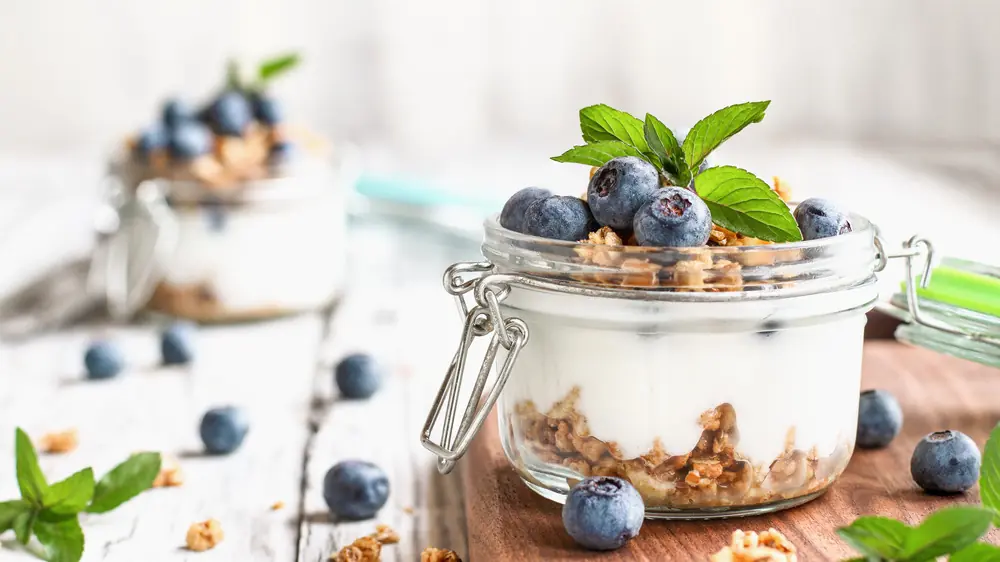
How Eating Yogurt Before Bed Can Transform Your Health

10 Genius Tide Pod Hacks You’ve Probably Never Heard Of
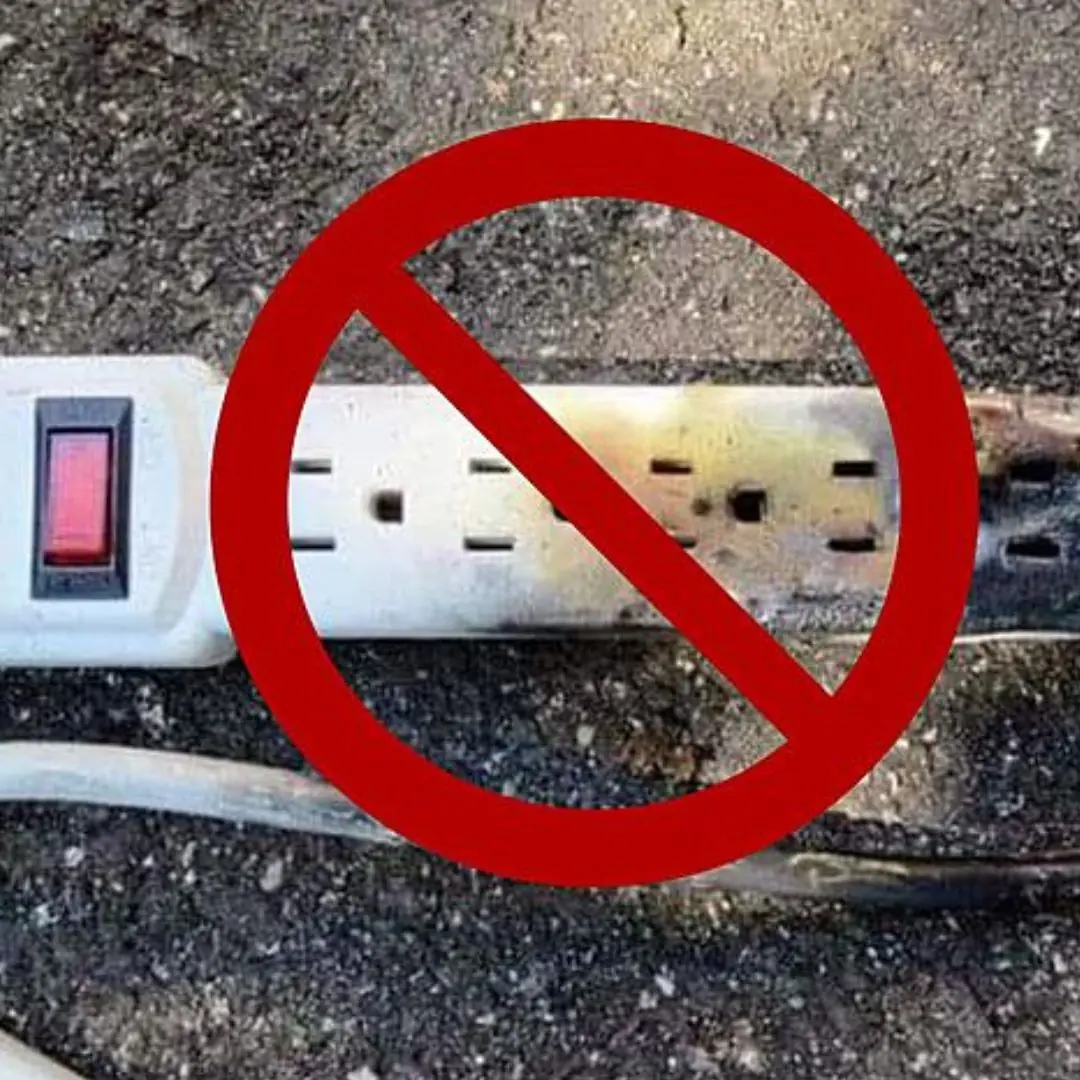
9 things you should never plug into a power strip
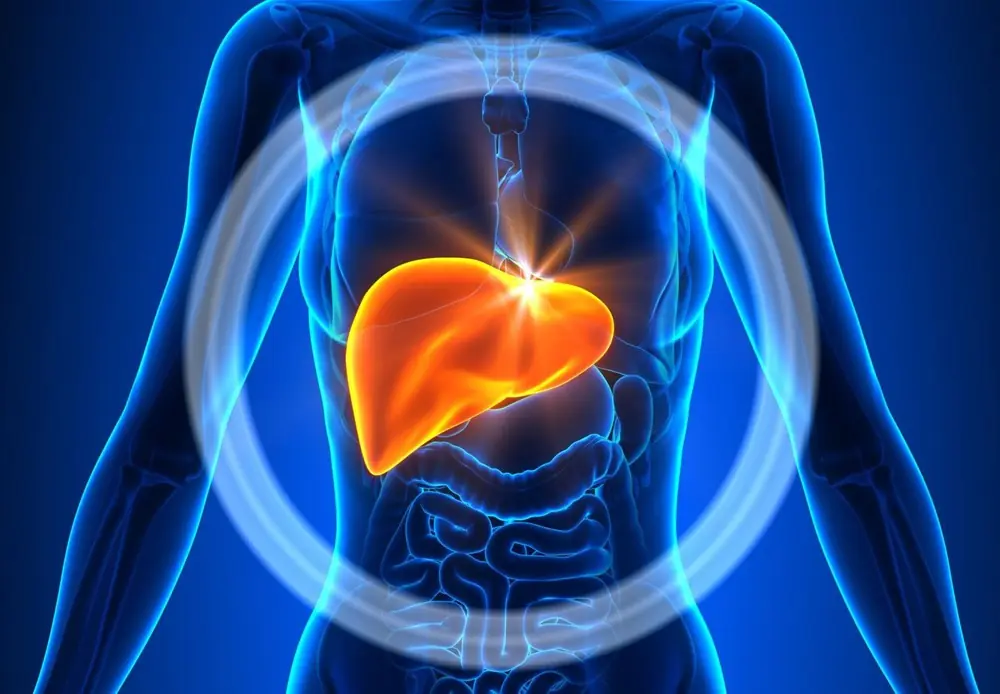
5 Simple Habits to Protect Your Liv.er and Boost Your Health After 40

How Black Tea Can Help Lower Ur.ic Ac.id and Protect Your Kid.neys

Stop Belly Fat Now: 3 Coffee Mistakes You’re Making (And How to Fix Them)

5 Simple Tricks to Crush Sugar Cravings and Boost Dopamine Without Cutting Sweets

7 scents snakes hate: Use them around your home to keep snakes away

Boil eggshells and say goodbye to the

Two Golden Elixirs That Boost Energy, Glow & Balance

Guava Leaves: 15 Hidden Healing Powers You’ve Been Throwing Away
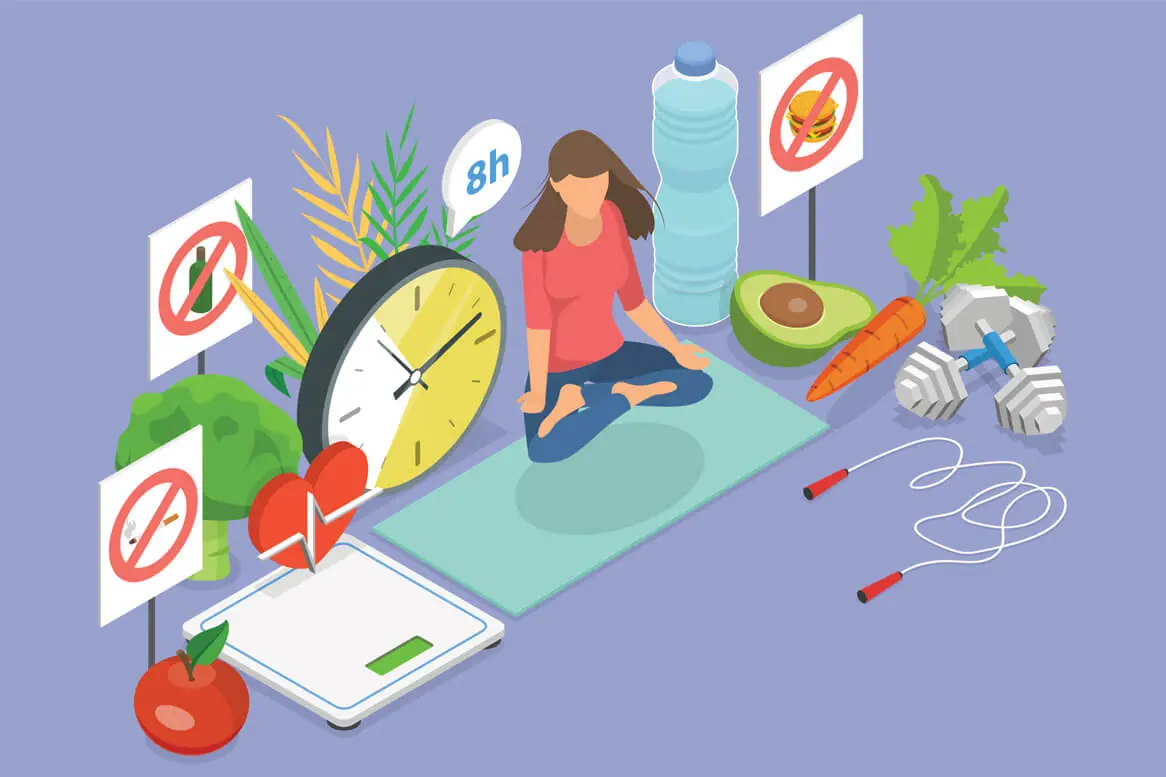
No Pills, No Pain: 9 Surprising Ways to Stop a Headache Naturally
News Post

How to Exercise Without Overloading Your H.eart

5 Silent Signs Your Li.ver Is in Trouble — and You’re Probably Ignoring Them

4 Hair Care Habits You Think Are Helping — But Are Actually Ruining Your Hair
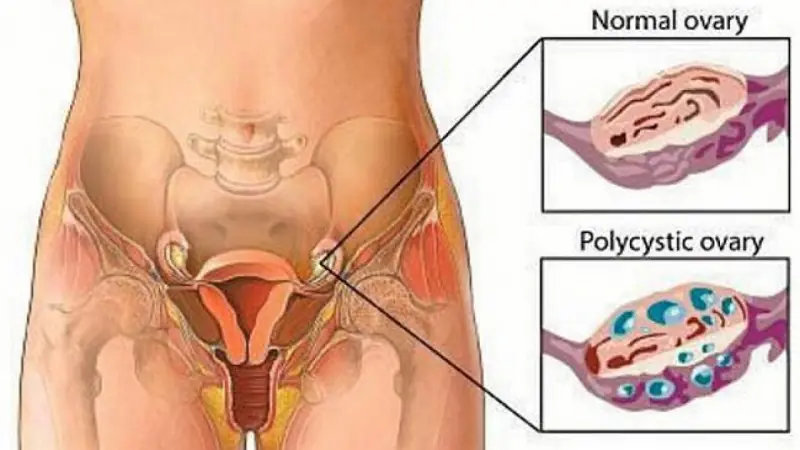
7 Alarming Signs Your PCOS Is Getting Worse

5 Fruit-Eating Mistakes That Secretly Harm Your Health
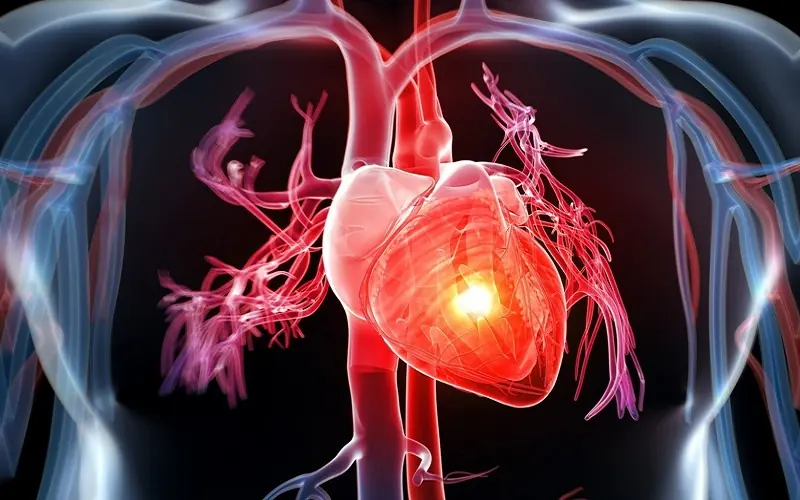
5 Silent Signs Your H.eart Is Crying for Help — But You’re Probably Ignoring Them

The Surprising Truth About Cucumbers and Kid.ney Disease
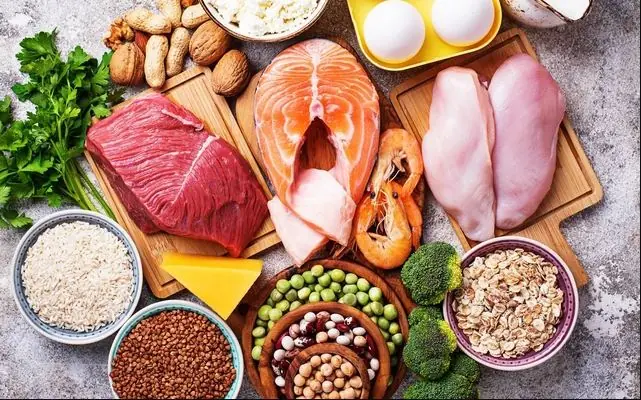
Think You’re Eating Enough Protein? 90% of People Are Dead Wrong

The Ancient Super Mushroom That Heals Your Li.ver and Kid.neys Naturally

Sleep Your Way to a Cleaner Li.ver: The Nightly Detox Secret

How Walking Can Transform Your Li.ver and Kid.neys Without You Even Realizing It
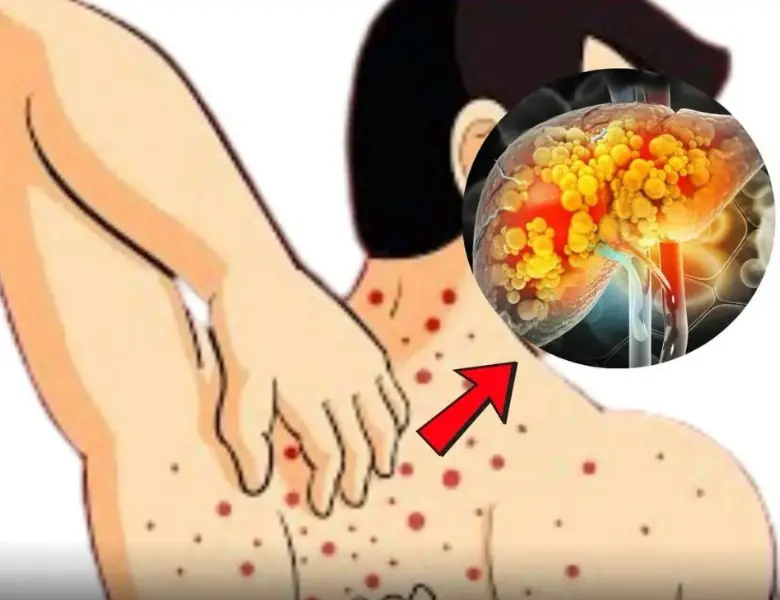
Fa.tty Liver: Causes, Symptoms, Treatment & Evidence-Based Prevention Strategies

Warning: If You Notice This Sign in Your Body, Go to the Hospital Immediately or It May Be Late-Stage Nasoph.aryngeal Can.cer

What Does It Mean When Someone Who Has Pas:sed Away Appears In Your Dream

One Egg a Week, 47% Lower Alzheimer’s Risk

If you drool while sleeping, it is a sign that your brain…

Why Do Some Windows Have "Belly Bars"?
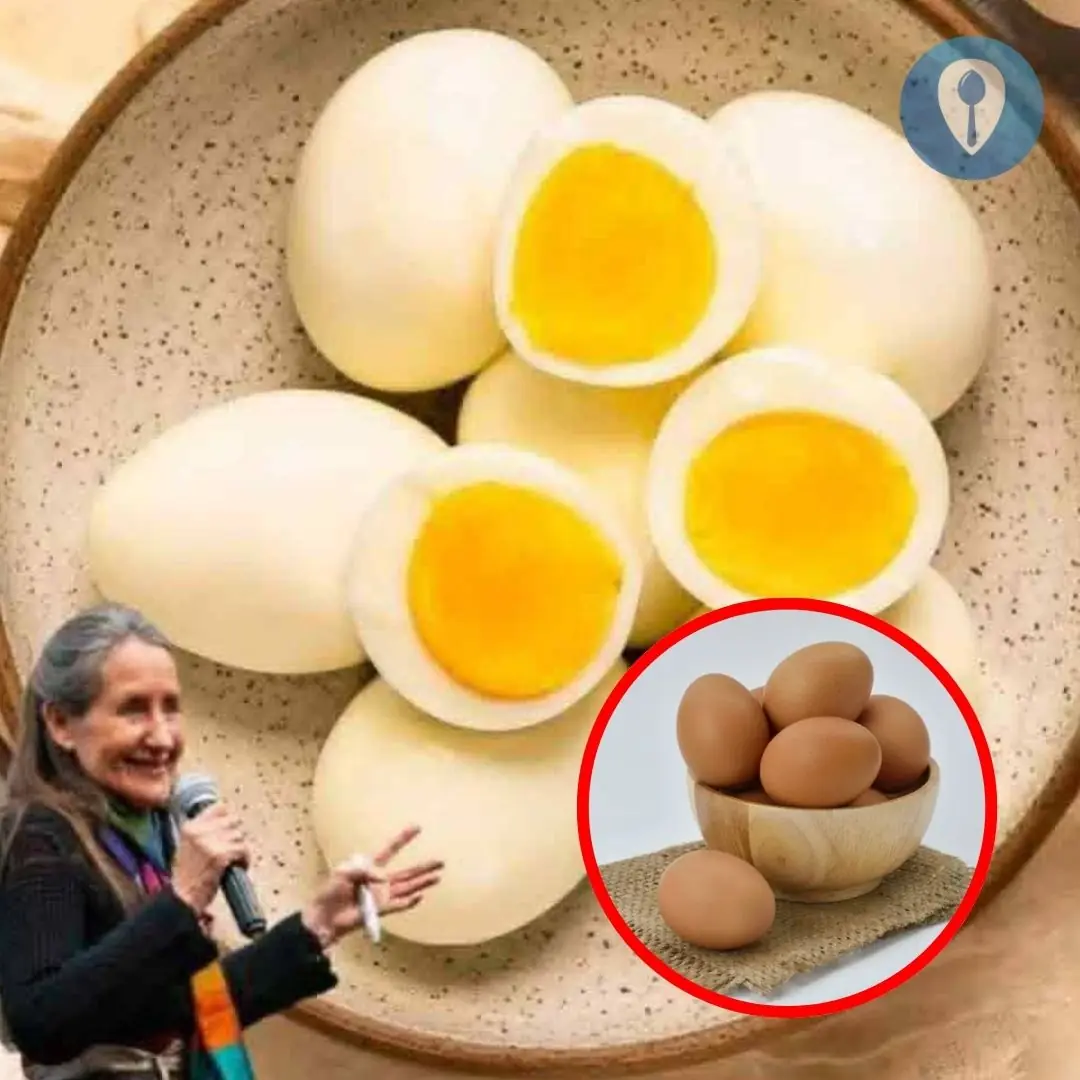
The surprising truth about eating eggs every day
